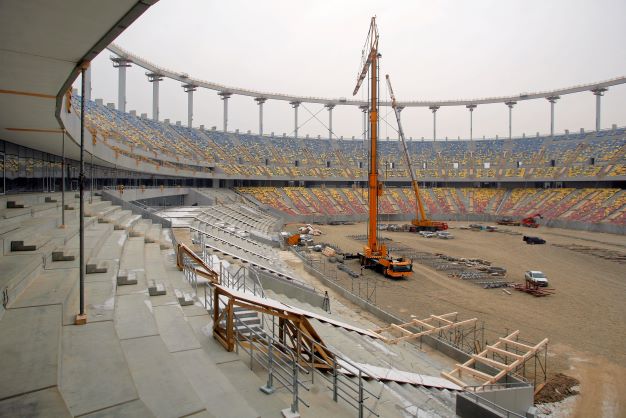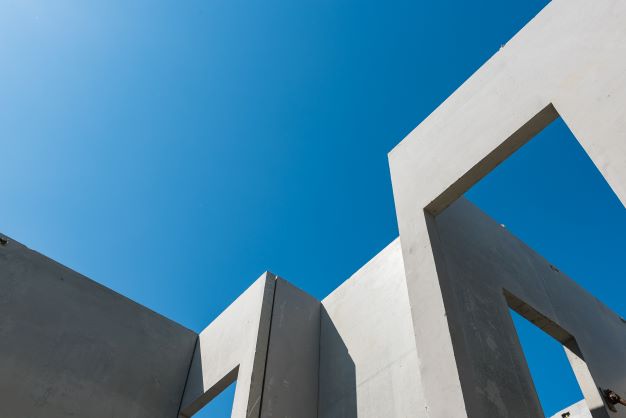The changing environment has rapidly altered the conditions on earth. The ground, for example, is more prone to erosion and needs to be contained. Thus, in recent years, precast retaining walls have been in demand. They quickly became the go-to type of wall for commercial and residential properties. Precast retaining walls are efficient and practical and enhance the security of real estate properties. Manufacturers only produce these retaining walls in controlled environments. Customers can have the precast walls customised to their specifications, and trusted manufacturers transport them to the construction sites, lift them into place, and provide installation services when needed.

Precast concrete is used in large scale construction
However, precast retaining walls have several real advantages that are worth knowing.
Advantages of precast retaining walls
The primary purpose of precast concrete walls is to prevent soil, and keep landscaping features, hardscaping, and rocks in their place. Builders typically install an earth retaining wall in areas that need additional support to stop the soil from eroding downhill. Here are additional advantages.
- Easy and fast construction. Special temperature-controlled facilities managed by skilled technicians manufacture precast concrete retaining walls. Thus, builders do not have to build or pour concrete on site. Instead, the manufacturer can customise the retaining walls and deliver them to the construction project site. Furthermore, assembling the retaining wall or panel is easy because the manufacturer can lift the wall panels into place. The workers can then place the concrete caps over the support posts or beams of the retaining walls.
- Long lifespan. Precast retaining walls are made of durable materials, guaranteeing a longer lifespan. They are specifically designed to support more weight. They do not have potential weak points, preventing warping or bulging, compared to walls made from blocks or bricks. Precast retaining walls are made of special fibres and prestressed concrete to resist damage from the constant pressure from the weight they support.
- Budget-friendly. Contractors and engineers prefer precast retaining walls as they are cost-effective and budget-friendly. Manufacturers can reuse the moulds several times, and the production cost is lower, lowering the selling price than other earth-retaining solutions. Moreover, the precast walls are low maintenance and only require occasional inspection and washing.
- Professional finish. The best suppliers and manufacturers of precast retaining walls produce products that have a smooth and professional finish. Moreover, manufacturers can give the retaining walls a preferred aesthetic appeal and unique look according to the customer’s specifications. With its smooth finish, the precast walls are quicker and easier to clean, thus, preventing pests from building nests. Moreover, the professional finish prevents water accumulation.
Using precast concrete retaining walls helps large-scale construction projects keep to their schedule. The builders can prep and level the ground and install the support posts while waiting for the manufacturer cast the walls. The supplier produces the retaining walls using a mixture of concrete, strengthening mesh, and steel reinforcement in an indoor temperature-controlled facility to ensure the concrete’s optimal curing and continuous production. The technicians ensure the quality of the retaining walls leaving their facility.
Knowing what goes on in the production of precast concrete retaining walls makes you agree to your contractor’s recommendation. Precast retaining walls are efficient and effective in restraining soil and rock movements and preventing the earth from cascading down.


You must be logged in to post a comment.